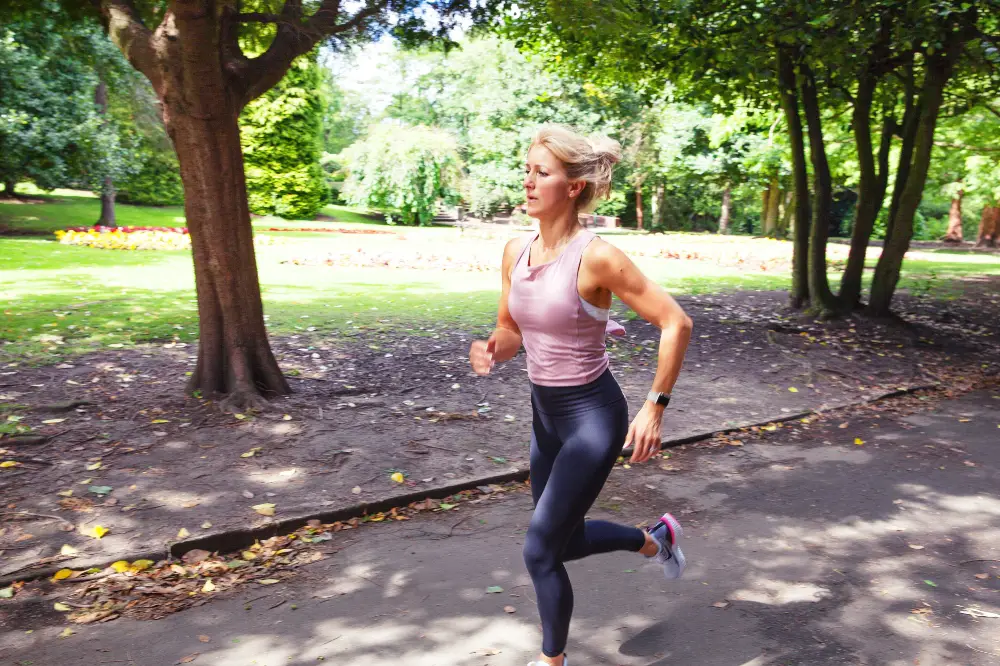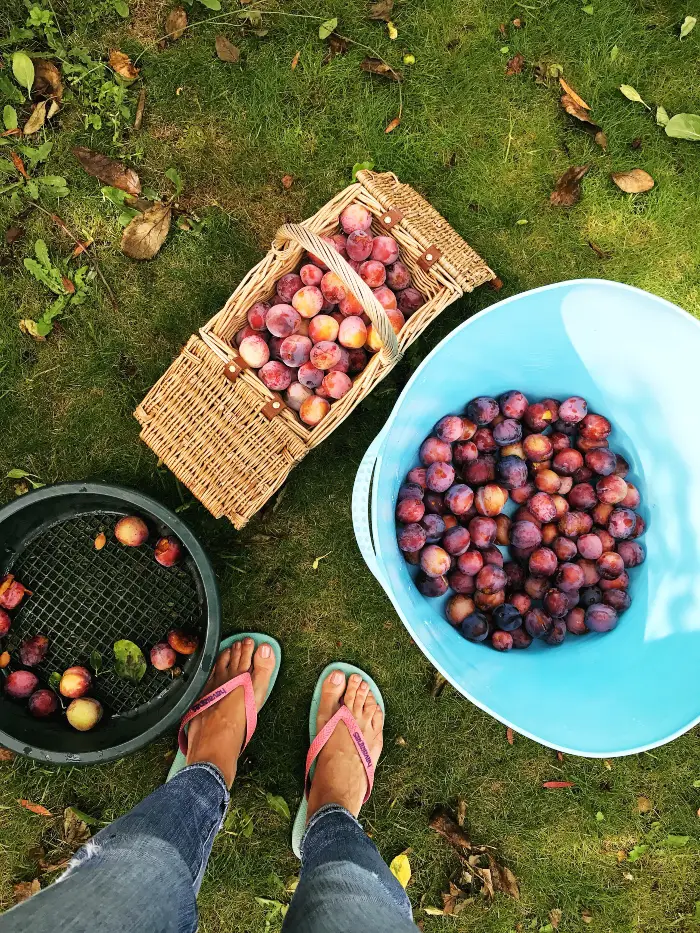Summer’s well and truly over now, but you don’t need to slip back into old habits, says Altrincham-based nutritionist Kate Roberts
As the seasons change and summer starts to fade, kids go back to school and the nights draw in, our lifestyles alter accordingly.
In the autumn months it is easy to slip into old habits – as the days shorten there seems to be less time to exercise and cook healthy meals and darker nights call for more comforting food.
Fortunately, Mother Nature has designed her larder to complement our seasonal needs and just as the summer berries disappear from the hedgerows the fruit trees burgeon with ripe apples, juicy plums and root vegetables erupt from the soil.

Orange and yellow-fleshed autumn veggies such as carrots, parsnips and squash are rich sources of antioxidant beta-carotene, a derivative of vitamin A, best known for its role in the formation of pigments necessary to maintain normal vision, whilst incorporating leafy greens like cabbage and kale will help to top up iron and vitamin K, both essential for healthy blood. These seasonal vegetables can all be grown easily at home and are delicious in comforting soups, stir-fries and stews.
Darker, shorter days mean less exposure to sunlight which from the end of September to early March is insufficient for our bodies to produce enough vitamin D. Essential for the absorption and utilisation of calcium, a deficiency of this vitamin can lead to muscle weakness and bone pain. In fact, most people would benefit from supplementing this vitamin during the autumn and winter months, especially those who are elderly and housebound. A 10-microgram supplement is recommended, available over the counter at your local chemist.

One group who may get enough daylight through their chosen pursuit is the cyclists.
Cycling has really captured the British psyche: from schools to local triathlon groups, the nation is embracing cycling as a fantastic way to enjoy the great outdoors whilst ticking the exercise box.
If cycling isn’t your thing (running is mine) try to find a form of exercise that you enjoy and incorporate it into your daily routine. The government guidelines currently recommend that adults aged 19 to 64 undertake 150 minutes of moderate aerobic activity such as cycling or brisk walking each week plus strength exercises on two or more days that work the major muscles (legs, hips, back, abdomen, chest, shoulders and arms).
Before we know it, Christmas will be looming and thoughts will turn to the inevitable little black dress! But more about that next time…
For more details about Kate Roberts Nutrition, visit katerobertsnutrition.com or follow her on Facebook and Instagram.









